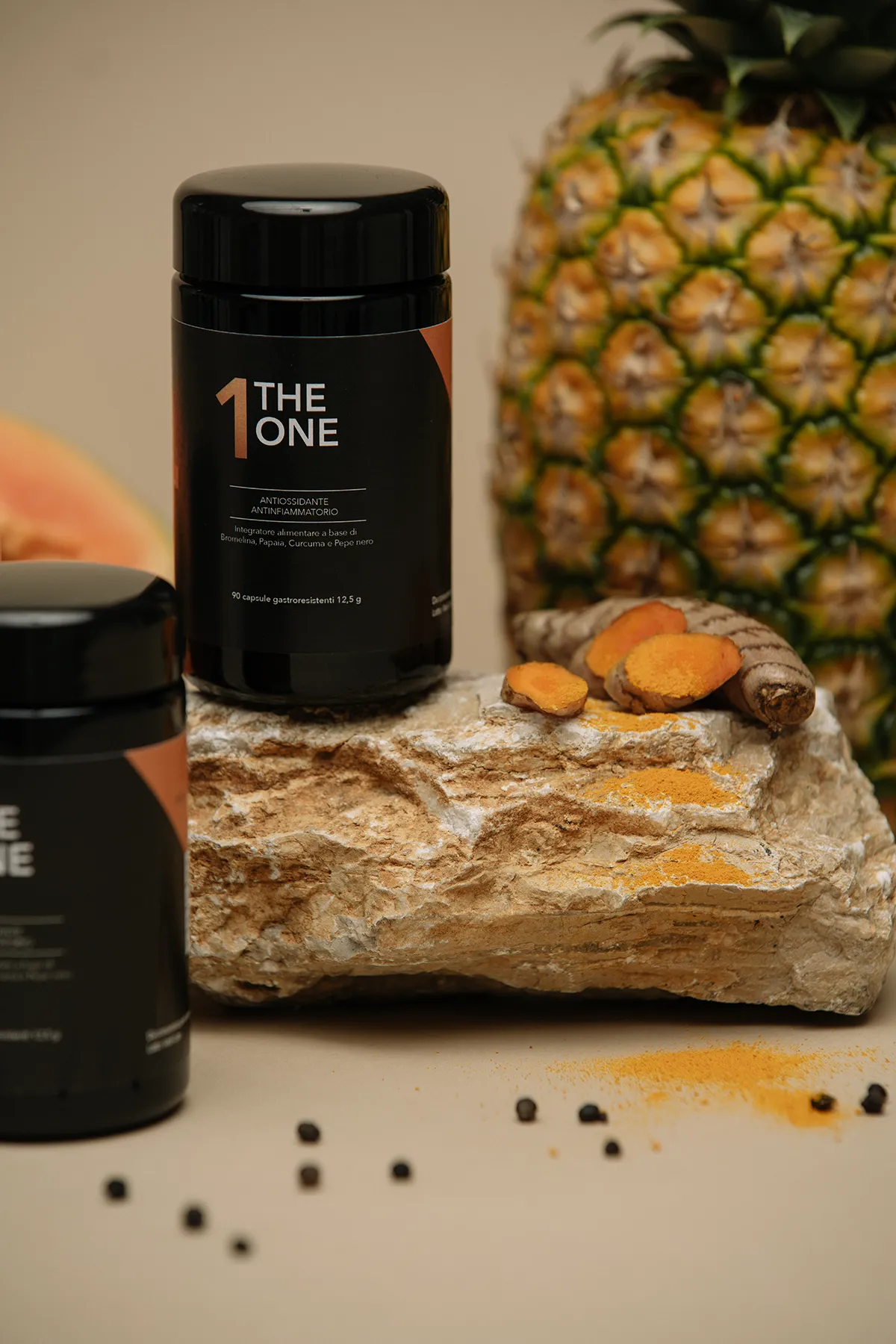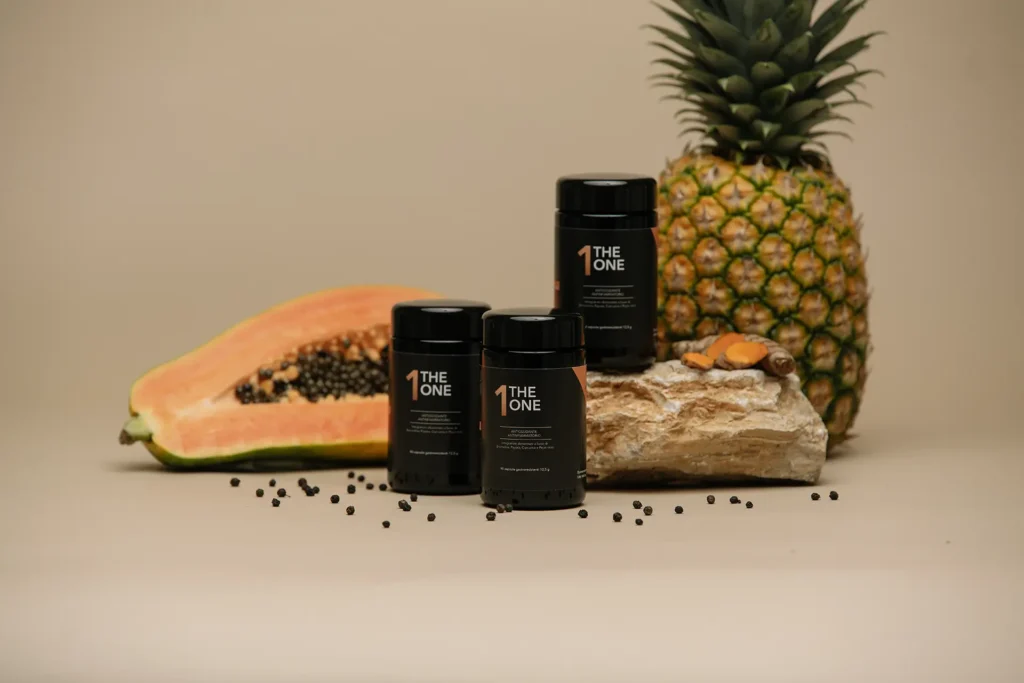Food Supplements and Nutraceuticals: what they are and in what they differ

There is an idea, increasingly common, that tends to identify the two terms “Dietary Supplements” and “Nutraceuticals”, as if they were simply two different ways of describing the same product: a supplement to be included in our everyday diet.
Indeed, the use of powders, tablets and syrups, supplemented to our daily diet for the purpose of feeling better or aging better, is increasingly common, but is describing them indifferently as Food Supplements or Nutraceuticals really correct?
To understand this, let’s look at their definition together:
What are dietary supplements?
Dietary supplements are products of natural and/or synthetic origin (vitamins, antioxidants), used as supplementing substances to the normal diet, with the primary purpose of compensating for nutritional deficiencies induced by a poor diet or by the low presence of these substances in the foods we consume.
What are nutraceuticals?
Nutraceuticals can be regarded as nonspecific natural therapies used with the intent to promote general well-being, to control symptoms of various nonphysiological conditions, and to prevent chronicity of such processes. The philosophy behind nutraceuticals is therefore to focus on prevention, according to the saying of the Greek physician Hippocrates, the father of medicine, “let food be your medicine.”
The term “nutraceutical,” as is easy to imagine, combines the two words “nutritious” and “pharmaceutical”. It was coined in 1989 by Stephen De Felice, founder and president of the Foundation for Innovation in Medicine in Cranford USA, who indicated by the term nutraceutical “a food or part of a food that provides medical or health benefits, including the prevention and/or treatment of physiological dysfunction.”


In fact, nutraceutical is considered a dietary supplement, capable of treating the body and not simply providing it with additional nutrients.
We could define it as a subcategory of dietary supplements, with a facet closer to pharmacology than simply nutrition.
The category of nutraceuticals, is then in turn divided into other subcategories:
- Functional foods, which include whole and functionalised foods as well as enriched or enhanced dietary components that can, when taken consistently with the normal diet, reduce the risk of chronic diseases and provide a health benefit.
- Medicinal foods, formulated instead to be consumed or administered under the supervision of a medical specialist, employed for the specific dietary management of a disease or condition with specific nutritional requirements.
Potential health benefits
In recent years, nutraceuticals have attracted considerable interest for their nutritional and therapeutic effects, while maintaining a very high degree of safety for the consumer/patient given also their presence as “traditional” approaches already in the oldest medicines (Chinese, Indian, South American, African…) and based mainly on herbal products.
Nutraceuticals can be used to improve health, prevent chronic diseases, postpone the aging process, and increase life expectancy.
These products are considered healthy sources for the prevention of life-threatening diseases such as diabetes, kidney and gastrointestinal disorders, and various infections.
They are also able to act positively on diseases related to oxidative stress, including allergies, Alzheimer’s disease, cardiovascular disease, cancer, eye diseases, Parkinson’s disease, and obesity.

